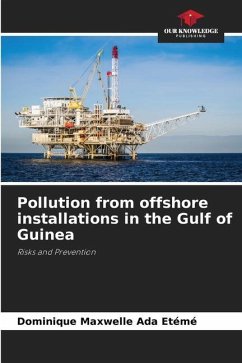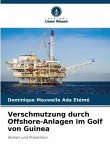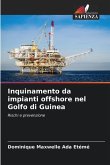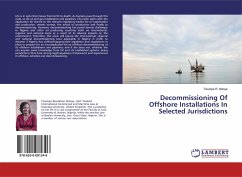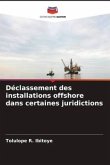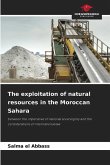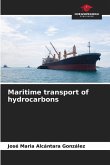The Gulf of Guinea is known for its immense wealth. The area is home to nearly 24 billion barrels of proven oil reserves and daily production of 05 million barrels. A veritable melting pot of natural resources, the volume of oil extractions has increased exponentially in recent years. However, this development is accompanied by a number of risks, notably ecological and damaging impacts for the marine environment and for the populations whose resources depend exclusively on it. So the main challenge facing the region's governments is to ensure optimal conservation of this environment and guarantee sustainable exploitation of oil resources. An analysis of the normative and institutional corpus relating to the regulation of offshore activities shows that it remains laconic. The need to enhance or reframe the effectiveness of existing legal instruments for the protection of West and Central Africa's marine and coastal environments remains the key to preserving the protection of this environment against the failures of offshore activities.
Bitte wählen Sie Ihr Anliegen aus.
Rechnungen
Retourenschein anfordern
Bestellstatus
Storno

